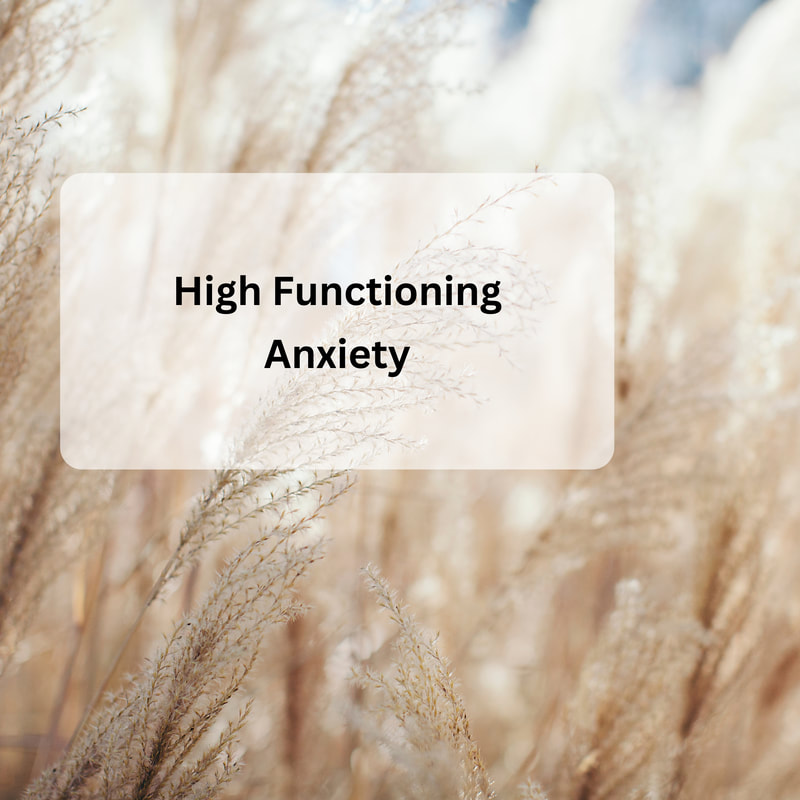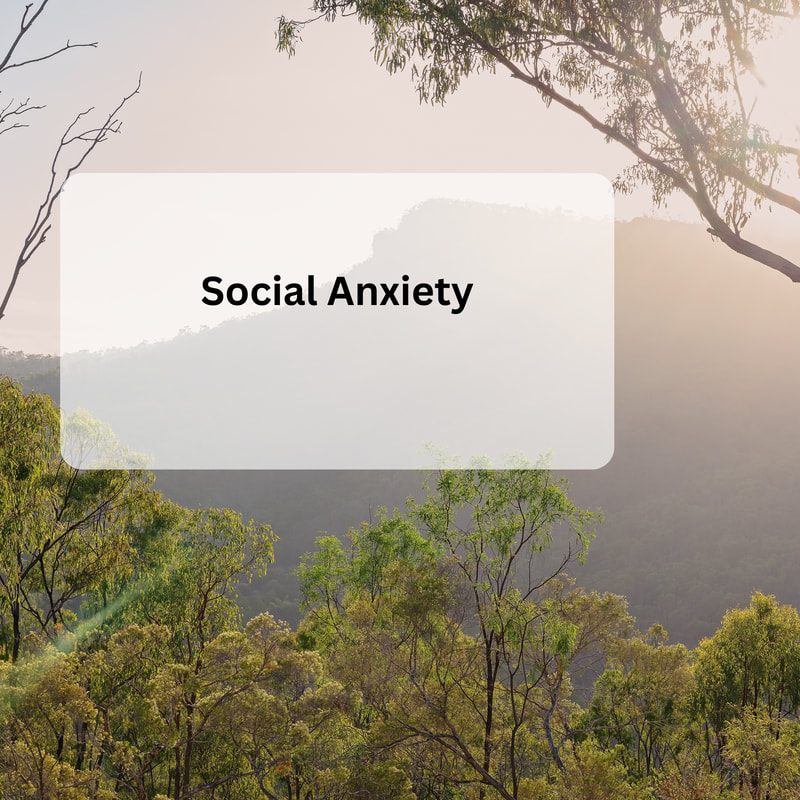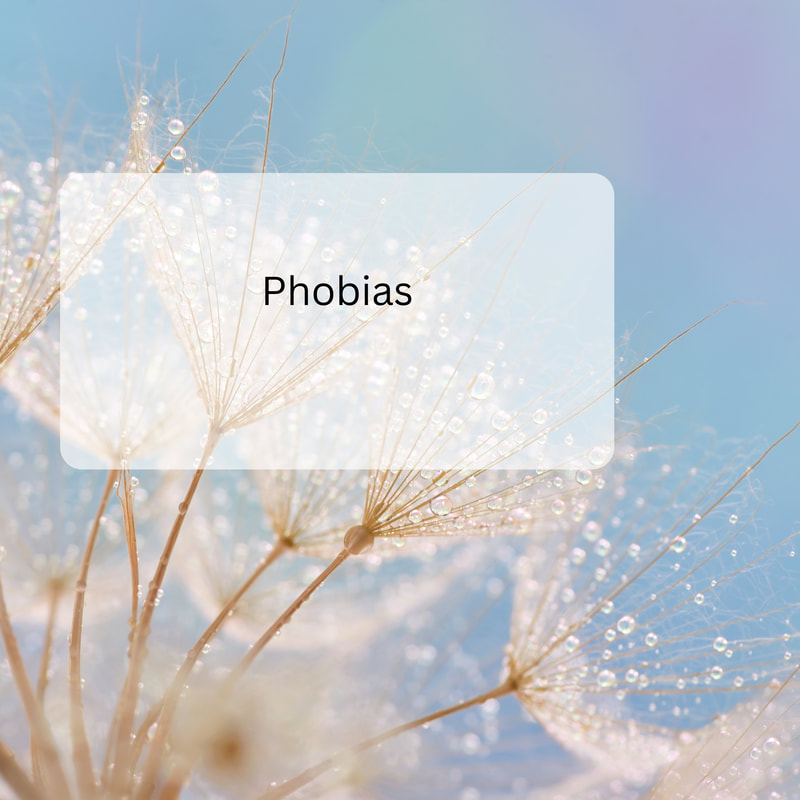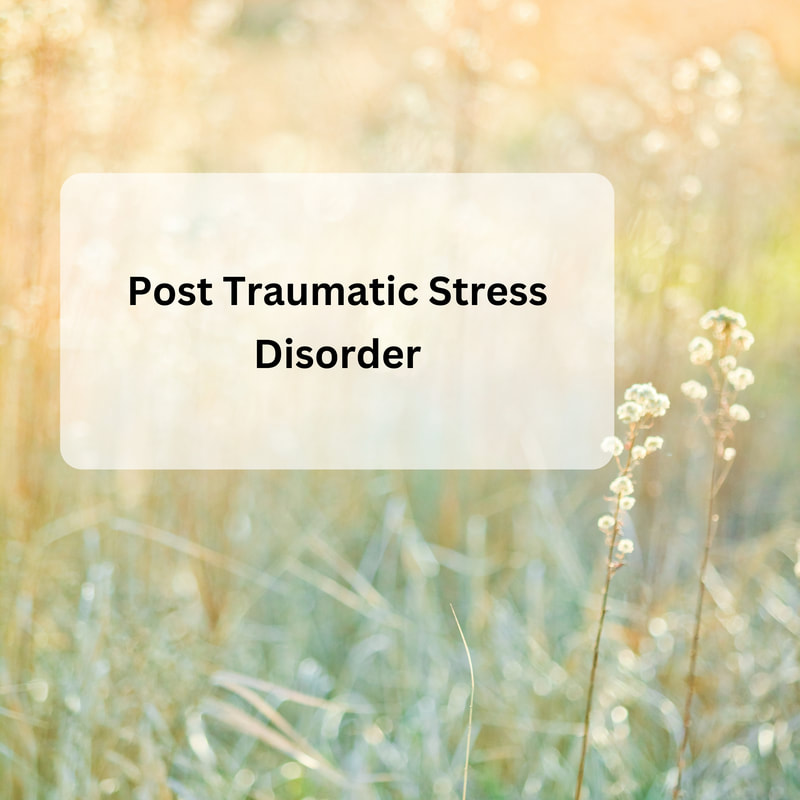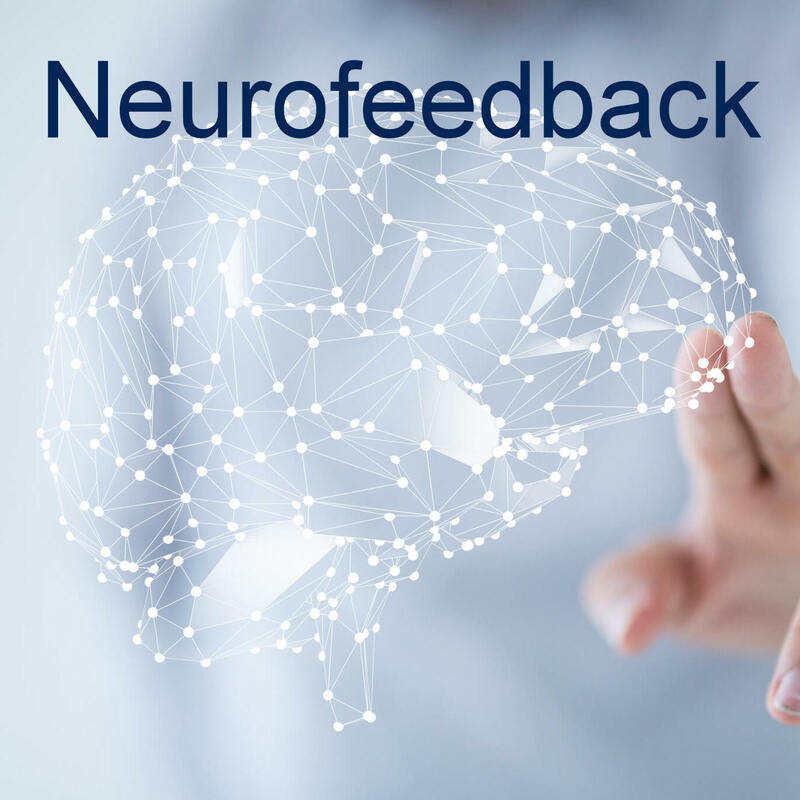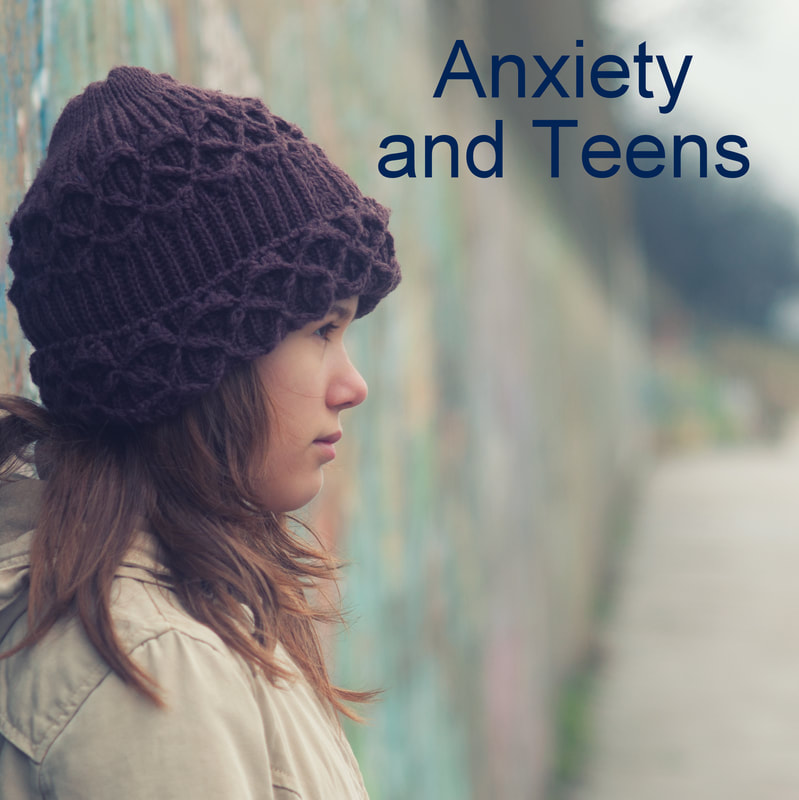Are you tired of feeling overwhelmed by anxiety, unable to fully enjoy life's moments? Our experienced team of professionals utilizes proven techniques to help you challenge negative thought patterns and build resilience against anxiety's grip. With a focus on empowerment and lasting change, we guide you on a journey towards greater self-awareness, emotional mastery, and mental well-being.
Generlized anxiety involves a persistent feeling of anxiety or dread that interferes with how you live your life. You may feel extremely worried or nervous more frequently about things, even if there may be little or no reason to worry about them. Many people who experience generalized anxiety may avoid situations or scenarios due to fear of becoming anxious. Our professionals provide evidence-based treatment such as Cogitive Behavior Therapy (CBT), Exposure Response Prevention (ERP), and Mindfulness to address these symptoms, help you plug into the moment, and improve your overall sense of happiness and well-being. |
Some people experience anxiety symptoms while maintaining a high level of functionality in their lives. They often are successful in their careers, participate in community activities, and have strong personal relationships. Inside, however, they struggle with persistent feelings of stress, self-doubt and the fear of not measuring up. They may experience persistent thoughts of worry, fear and high stress levels, feel on edge, and struggle with significant self-criticism. Our proven techniques and evidence-driven treatment help you gain better understanding, challenge self-doubt and criticism, set aside imposter syndrome, and increase self-awareness and control. |
Social anxiety is an intense, persistent fear of being watched and judged by others. The fear that is experineced in social situations is so intense that you feel it is beyond your control. For some, this fear may get in the way of going to work, attending school, or doing everyday things. Others may be able to accomplish these activities but experience a great deal of fear or anxiety when doing so. Professionals at Wavelengths provide evidence-based treatment such as Cogitive Behavior Therapy (CBT) and Exposure Response Prevention (ERP) to help you change the way you think and feel in these situations, improve self-esteem, and increase confidence in social situations. |
Obsessions are ruminative and intrusive thoughts that cause fear or worry. Not everyone who has obsessions has compulsions, but some people do. Compulsions are behaviors that someone performs in an attempt to “undo” the obsessive thoughts they are experiencing. Sometimes the link between the compulsion and the obsession is clear, like someone who washes their hands repeatedly to fight germs or contamination. Other compulsive behaviors, like repeatedly touching objects, are not obviously connected to the obsessions. Our therapists help you to address OCD with data-driven treatments such as Exposure Response Prevention, Cognitive Behavior Therapy and Mindfulness so that you can improve coping skills and take back control of your life. |
A phobia is a strong and specific fear of something that is out of proportion. The person with the phobia typically knows that the fear is irriational, but still experiences panic right away when exposed it or even when thinking about it. The fear may cause physical reactions such as sweating, rapid heartbeat, or trouble breathing, and the person may do everything possible to avoid the fear. Mental health treatment of phobias includes compassion, understanding, and evidence-based interventions such as Exposure Response Prevention, Cognitive Behavior Therapy, and Mindfulness. |
A panic disorder is when a person experiences frequent and unexpected panic attacks with a sudden wave of fear even when there is no clear danger or trigger. The panic attacks often include physical symptoms that might feel like a heart attack, such as trembling, tingling, or rapid heart rate. Panic attacks can occur at any time and many people with panic disorder may significantly change their life to try to avoid having another attack. Panic attacks can occur as frequently as several times a day or as rarely as a few times a year. Evidence-based practice for treating Panic Disorder successfully includes psycho-education, mindfulness, and Cognitive Behavior Therapy. |
Post-traumatic stress disorder (PTSD) is a mental health condition that's triggered by a terrifying event — either experiencing it or witnessing it. Symptoms may include flashbacks, nightmares and severe anxiety, as well as uncontrollable thoughts about the event. Many people may experience these symptoms directly after a trauma, but if they do not go away, get worse, or interfere with your ability to function, you may have PTSD. Our therapists provide a safe space for you to explore your emotions as you are ready, and offer proven techniques such as Cognitive Processing Therapy (CPT), insight-oriented therapy, and mindfulness to help you take your first steps towards wellness. |
Ready to get started? Call, email us, or make an appointment online.
Use Our Intelligent, Real-Time Scheduling System To Search Our Availability and Request An Appointment.


